Overview
Physics Lab Setup for Research and Development and Academics
Physics laboratories are thereby an enclosed area where the students and researchers in the field perform experiments to analyse physical interactions. These labs will create a link between conceptual learning and the real world.
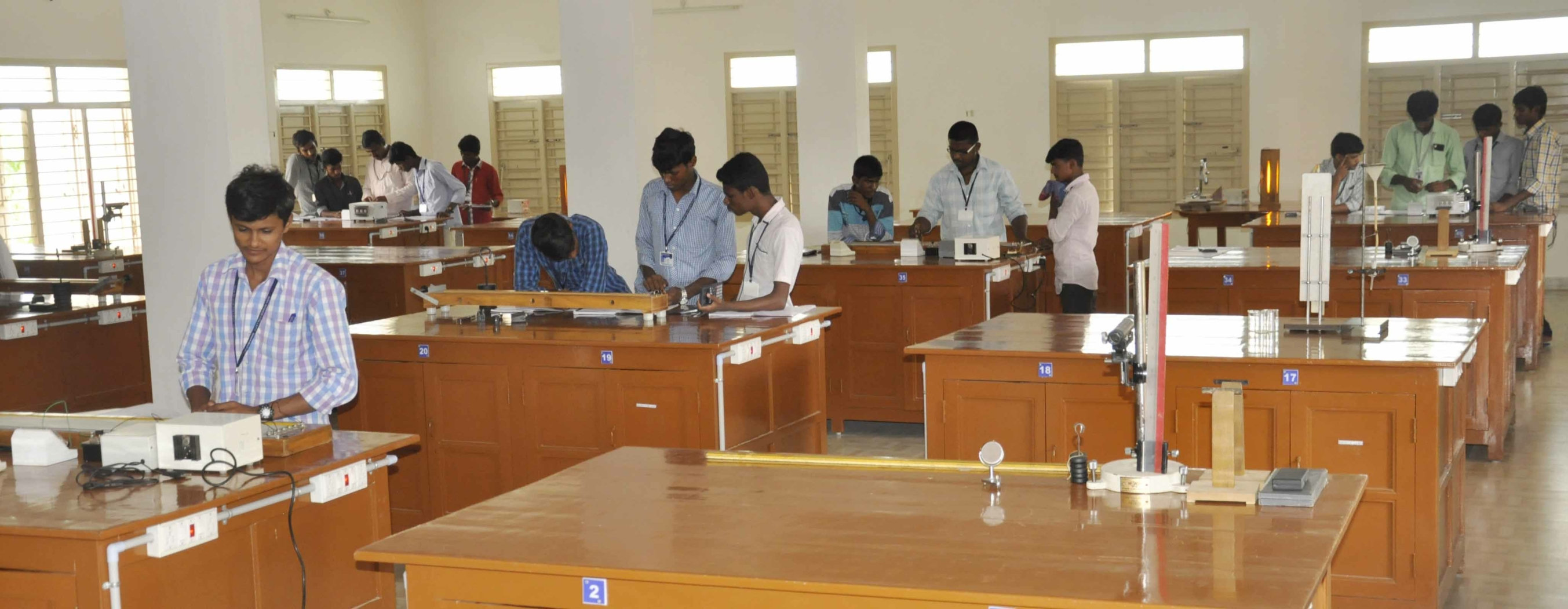
Features
Why Choose Our Physics Lab Setup?
- Measuring Equipment: Metre scales and vernier callipers are examples of the measuring tools that are found in laboratories.
- Gravity-Related Apparatus: Harmonic oscillators such as pendulums and other studying oscillations and gravitational influences.
- Waves and Sound Equipment: Labs have equipment for the wave and sound experiment.
- Heat and Thermodynamics Tools: Two types of thermal conductivity detectors are used as well as Lee’s apparatus for studying heat related characteristics.
- Magnetic Equipment: Bar magnets, and iron filling assist in magnetic inquiries.
- Microscopy and Imaging: Labs offer microscopes for the purpose of magnification and the distinguishing difference between objects.
- Specialised Apparatus: A device used for the Young’s modulus experiment, flywheel arrangement, and centrifuge equipment are good for certain experiments.
Use Cases
Key Use Cases of Physics Lab
- Learning Concepts: Practicals build up the theoretical concepts learnt by the students by performing numerous experiments.
- Skill Development: Teamwork and information sharing as well as accuracy are the skills that help students through the process.
- Experimental Science: Thus, labs stress that physics is an experimental science.

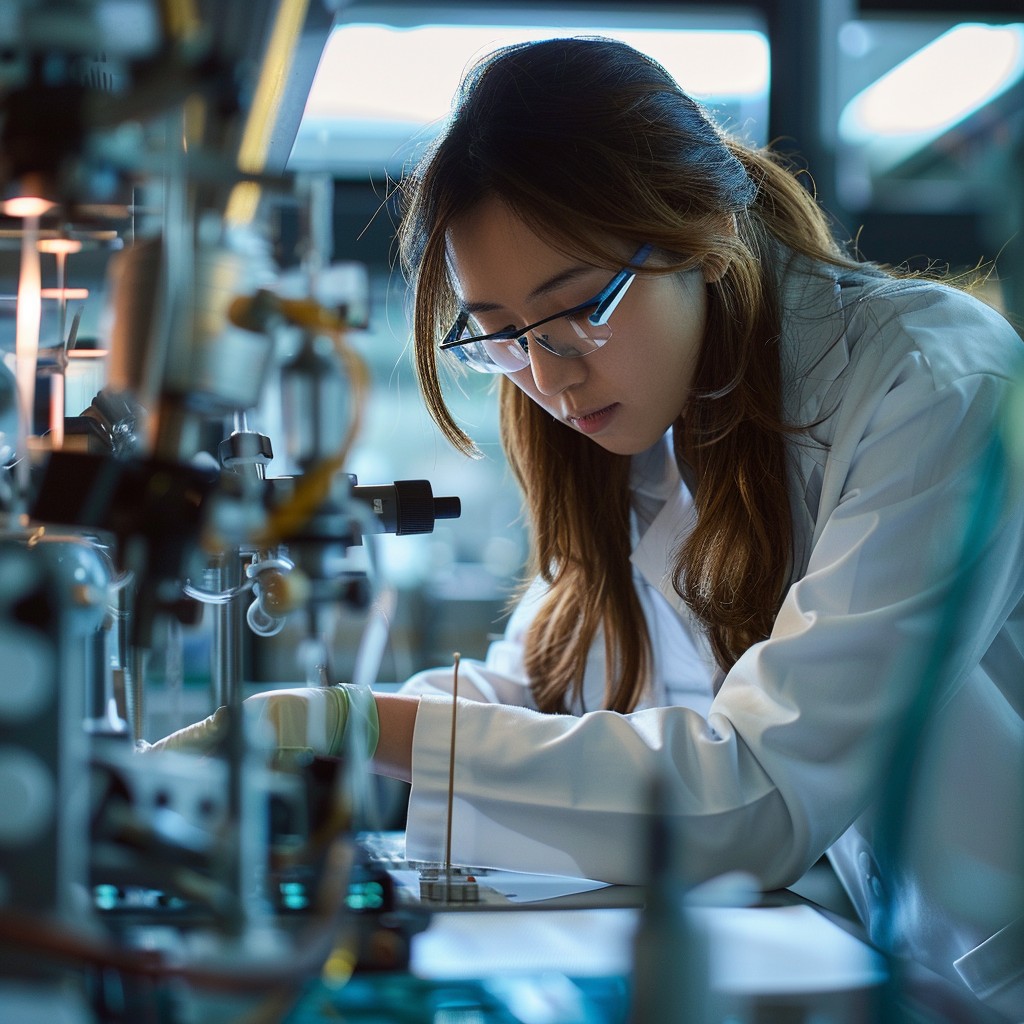
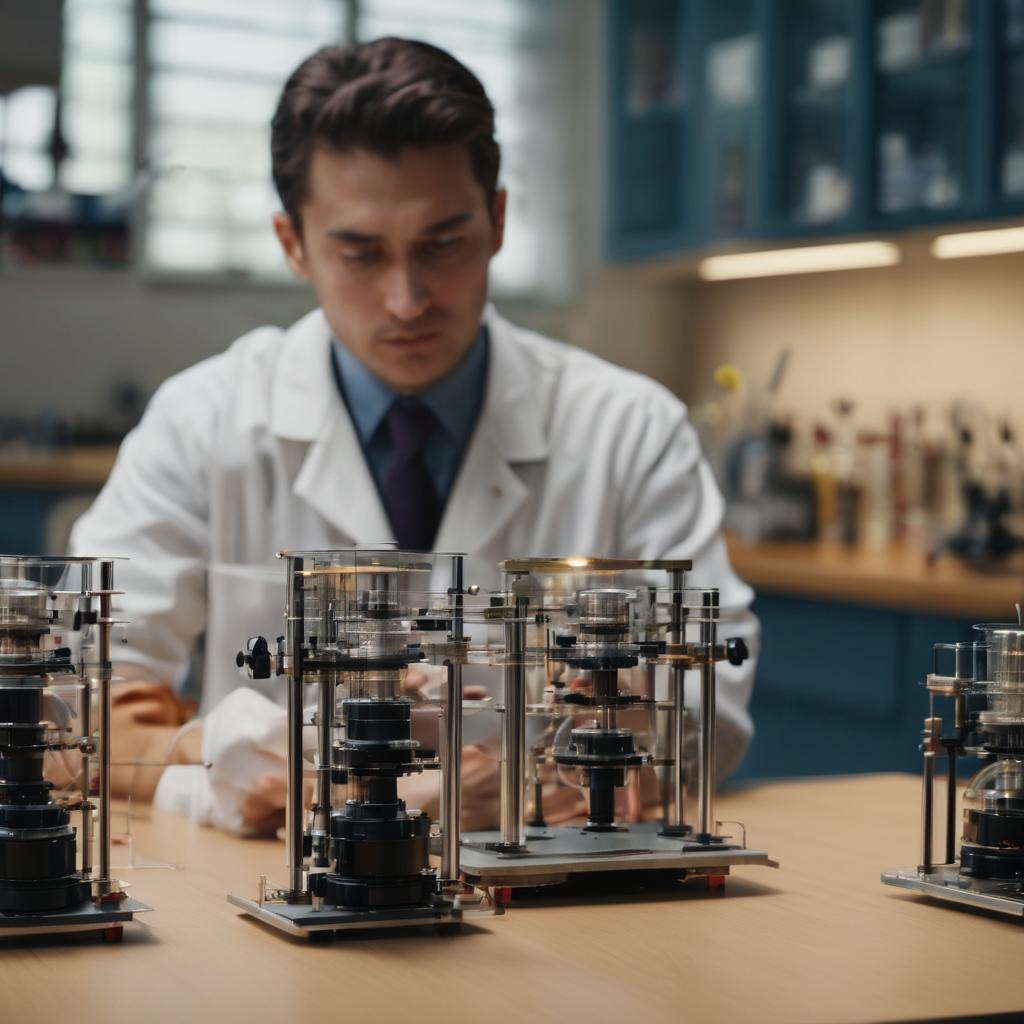
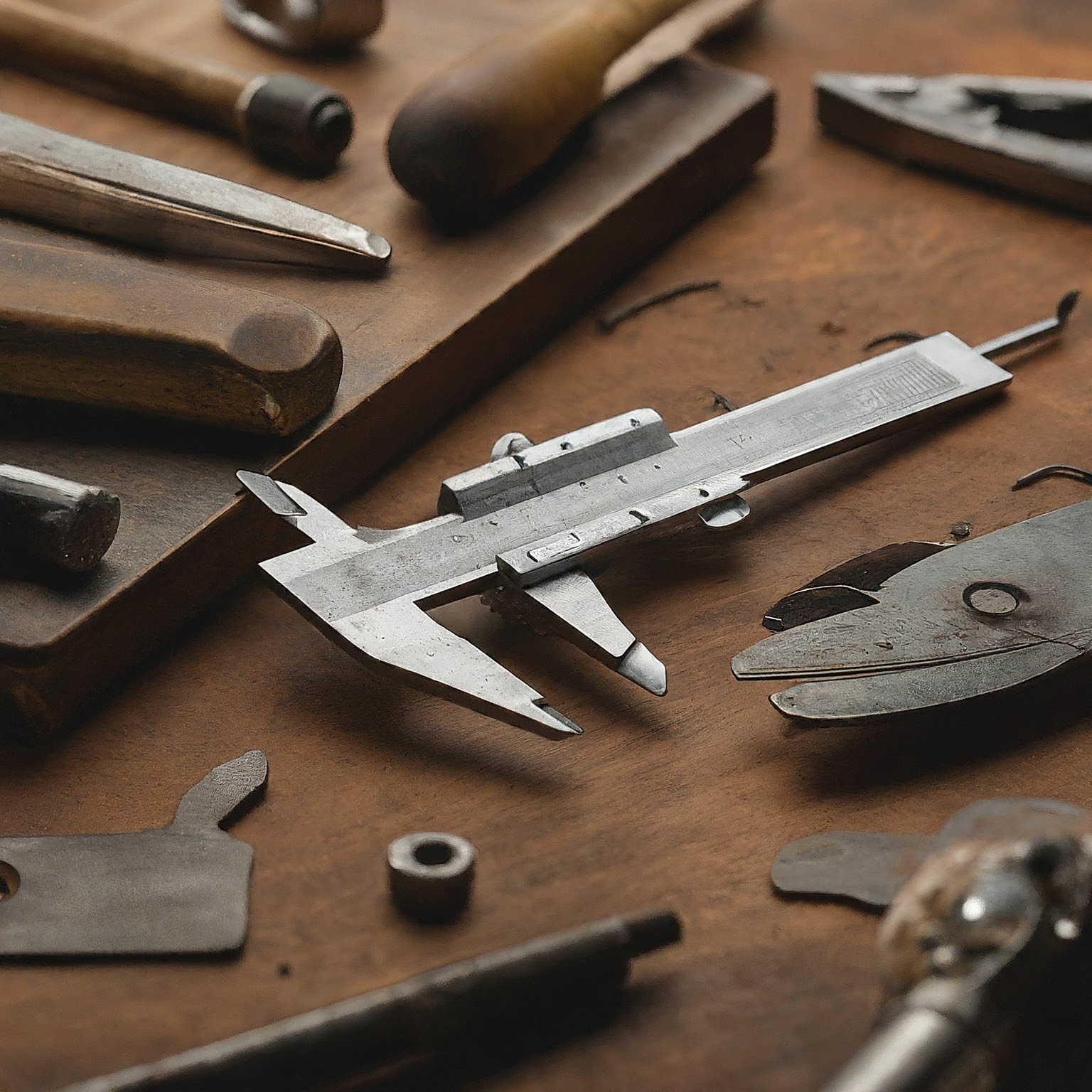

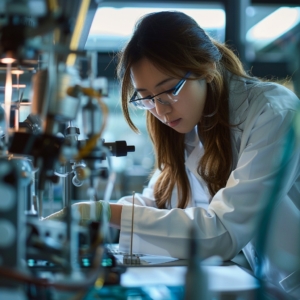
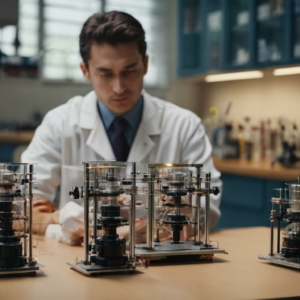
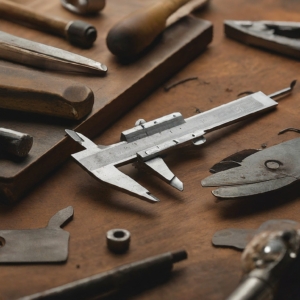
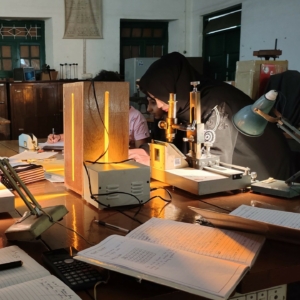
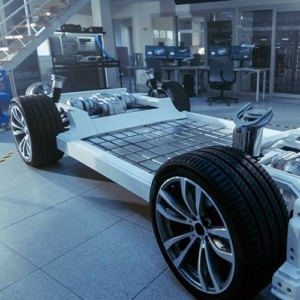
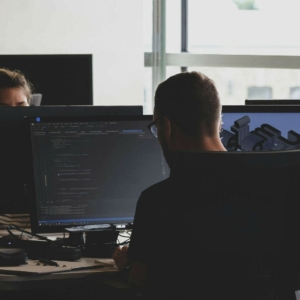
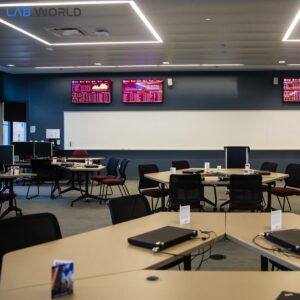
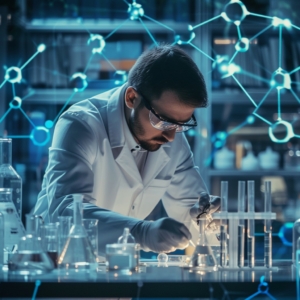

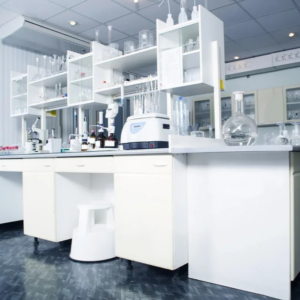
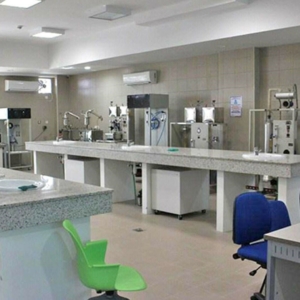

Reviews
There are no reviews yet.